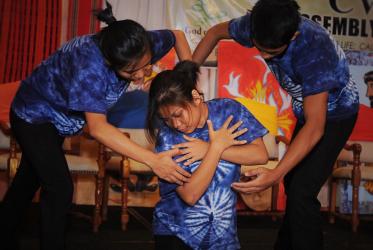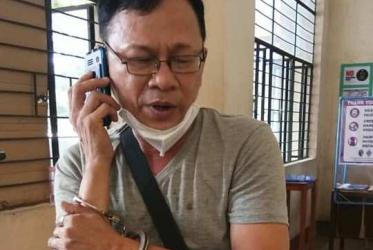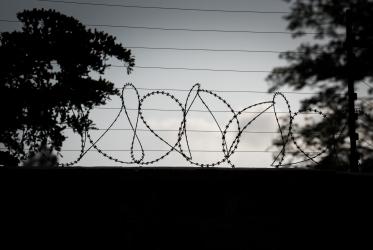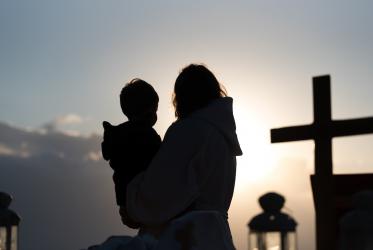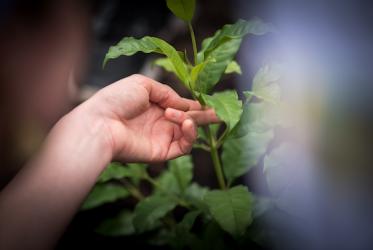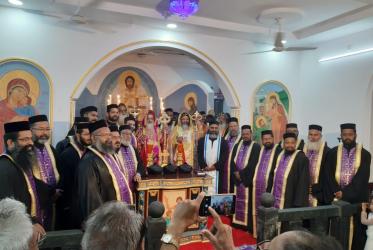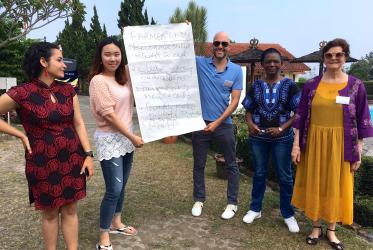Affichage de 101 - 120 de 315
WCC condemns violence in India - and calls for justice
10 Juillet 2020
Church of South India eco-ministry featured on UNESCO website
17 Février 2020
WCC relaunches Sarah Chakko Scholarship Fund
30 Janvier 2020
The cry of the Papuans in Indonesia
14 Novembre 2019
WCC Theology in Mission working group meets in India
07 Novembre 2019
WCC gravely concerned for West Papua
25 Septembre 2019
WCC organises event on “The Human Rights Situation in the Philippines”
18 Septembre 2019
School on economics proves “eye-opening” across globe
02 Septembre 2019
L’École d’économie, une expérience internationale «très instructive»
02 Septembre 2019
